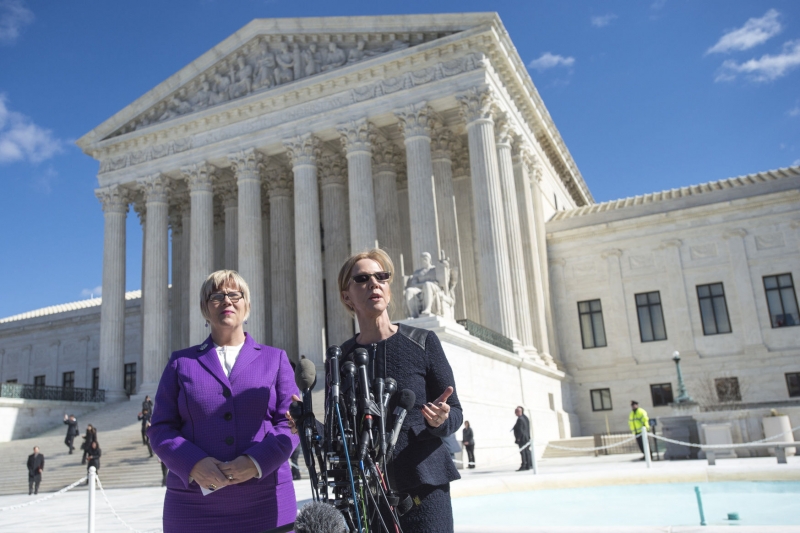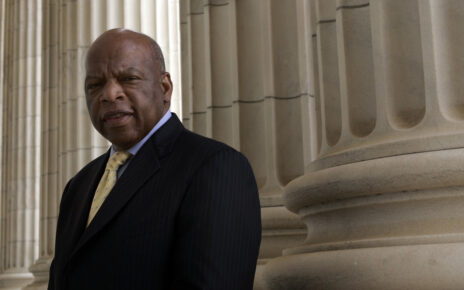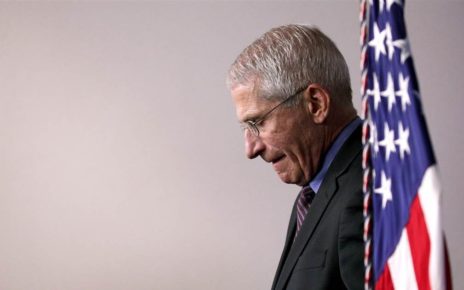June 29 (UPI) — The Supreme Court ruled Monday that a Louisiana law requiring doctors who perform abortions to have admitting privileges at nearby hospitals was unconstitutional.
At issue, was Act 620, Louisiana’s “Unsafe Abortion Act,” which would require admitting privileges at a hospital no further than 30 miles from location where abortion is performed.
The case, June Medical Services vs. Russo, had been tied up in legal battles since doctors first sued the state in 2014. The case was brought before the Supreme Court after the 5th U.S. Circuit Court of Appeals upheld the law.
A narrowly divided Supreme Court, which began oral arguments in March, ruled 5-4 Monday in favor of June Medical Services, which operates Hope Clinic, an abortion provider in Shreveport, La., against Louisiana Department of Health and Hospitals Interim Secretary Stephen Russo.
Conservative Chief Justice John Roberts ruled in favor of the medical services company, and in effect was the swing vote in the politically divided decision.
The court found that the Louisiana abortion law was unconstitutional based on Supreme Court precedent in a 2016 Texas case, where similar admitting privileges abortion law was struck down. The court found that the Texas law placed an “undue burden” on patients’ rights to an abortion as half the state’s abortion clinics closed.
Justice Stephen Breyer, who wrote the majority opinion, said that he agreed with the district court that the Louisiana law offered “no significant health benefit,” and placed a “substantial obstacle” on women seeking abortion.
Breyer was joined by Justice Ruth Bader Ginsburg, Justice Sonia Sotomayor and Justice Elena Kagan.
Julie Rikelman, a lawyer for the Center for Reproductive Rights, had argued on behalf of June Medical Services, that the Texas case, Whole Woman’s Health vs. Hellerstedt, set a precedent that should be followed.
Rikelman also said the admitting privilege requirement would force abortion clinics in Louisiana to close and cause similar “undue burden” on patients.
Roberts, who said that the 2016 precedent in Texas “was wrongly decided,” still agreed in a separate opinion with Rikelman that the justices must adhere to the Texas precedent in the Louisiana case, joining the four liberal justices in the decision.
“This is a big win that vindicates what we’ve said all along, which is that the Louisiana admitting privileges law is unconstitutional,” the Center for Reproductive Rights said in a statement.
“We won an identical case four years ago in Whole Woman’s Health vs. Hellerstedt, and the fact that we had to fight so hard again goes to show that nothing should be taken for granted when it comes to protecting abortion rights. Indeed, the court did not speak with a clear majority opinion which could muddy the waters when clarity is needed to protect abortion rights.”
The four other conservative justices wrote separate dissents.
Associate Justice Samuel Alito, who wrote the main dissent, argued that he would return the case to the district court. And he would require “a plaintiff whose own rights are at stake,” to join the suit instead of June Medical, which he argued “wants to rely on the rights of third parties.”
Source: Supreme Court rules Louisiana abortion law is unconstitutional – UPI.com





